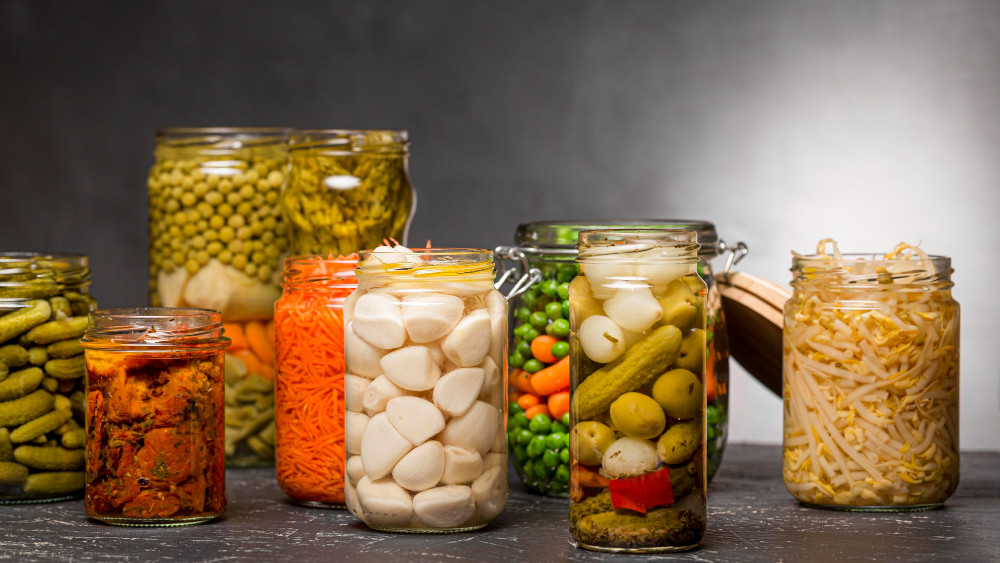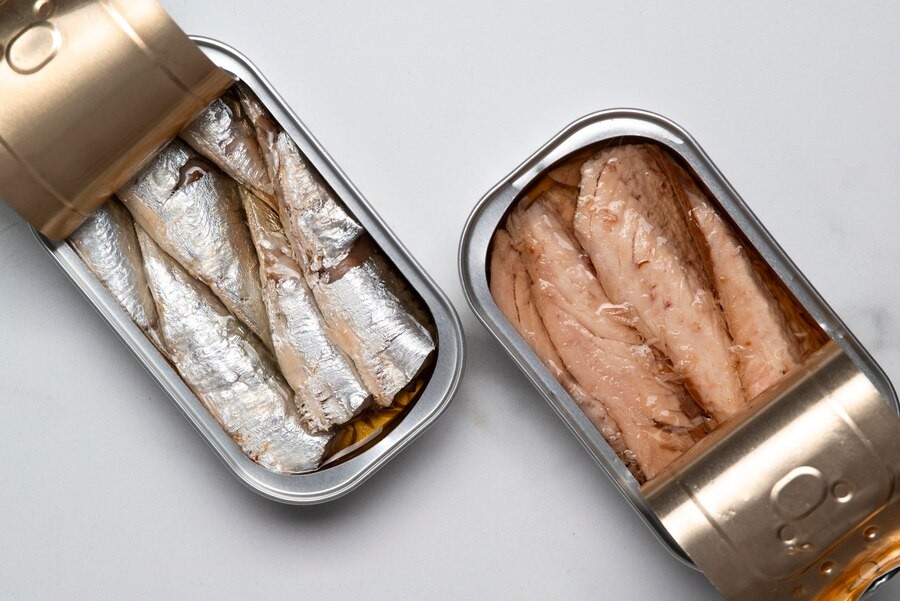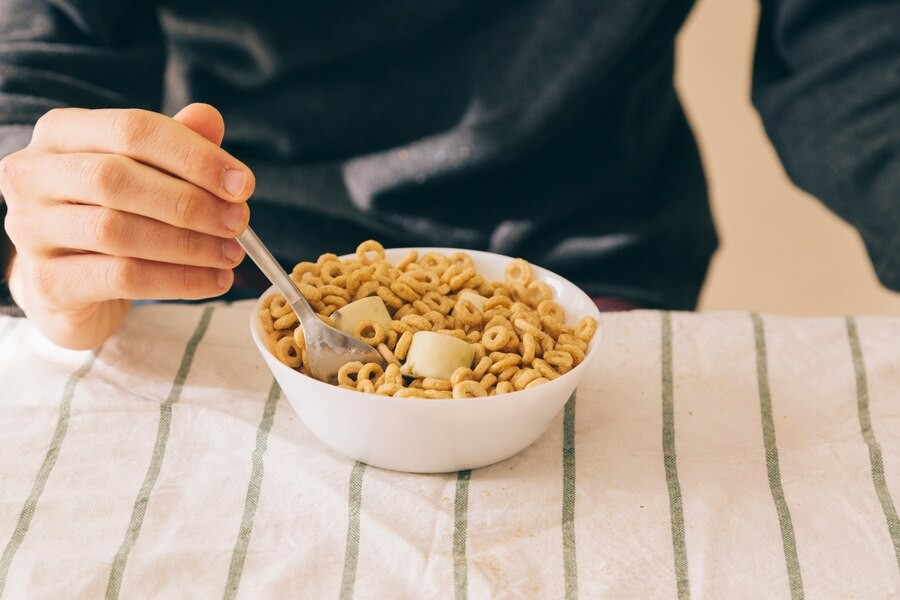You may be concerned about your health if you hear the term "preservatives" in relation to food. It is possible to preserve food by using preservatives, which are substances that make food last longer and prevent it from going bad as quickly. Preservatives won't be dangerous to your health if you use them in the appropriate amounts.
Types of Food Preservatives
There has been a long history of knowledge regarding food preservation techniques. Food preservation is a necessity that arises from the necessity of preserving harvests or hunting results to prevent them from degrading rapidly and to extend their period of storage.
There are two categories of food preservatives:
- Natural preservatives include honey, fruit, plant extracts, essential oils, and chitosan
- Artificial preservatives, such as nitrates and nitrites, sulfites, benzoic acid, and sorbic acid
The explanation is as follows:
Benzoic acid and sodium benzoate
The use of benzoic acid as a preservative has been around for quite some time and is prevalent in a wide variety of products, including fruit and spices. Fruit juice and pickle goods are often the ones that contain benzoic acid and sodium benzoate in their composition. The use of this preservative has the potential to inhibit the growth of microorganisms and enhance the flavour of beverages or foods.
The interaction of benzoic acid with sodium hydroxide results in the formation of sodium benzoate, which is a preservative that is in the form of a crystalline powder that is odourless. Benzoic acid, on the other hand, is a preservative that contains antibacterial properties.
There is a strong correlation between the consumption of sodium benzoate and a number of health issues, including skin conditions, digestive difficulties, and hepatitis. Additionally, this preservative may induce allergic reactions in certain people, including pruritus, swelling, stinging, and skin irritation.
Read more: Is MSG Really Dangerous? Get To Know The Risks And Safe Doses
Sorbic acid
Sorbic acid is classified by the FDA as a safe preservative and can be directly incorporated into food. Sorbic acid contains antibacterial characteristics and is effective in managing the growth of mould and yeast.
Common food products that use sorbic acid as a preservative include margarine, sauces, and smoked salmon. Sorbic acid, when used as a food preservative, can induce mild allergic symptoms, such as itching.
Sulfite
Sulphur dioxide, also known as sulfite, is a food preservative used to maintain the freshness of food and prevent the occurrence of brownish discolouration in fruits and other food items.
In 1970, sulfites were often used in fresh fruit and vegetables. However, in 1986, the FDA implemented a prohibition on the use of sulfites in fresh produce due to their potential to induce health complications in those with asthma. At present, sulfites are commonly used as preservatives in dehydrated fruit, processed meat, and assorted baked foods.
Read more: MSG Vs Garam, Which Healthier?
Nitrates and nitrites
Nitrates and nitrites are commonly used as preservatives in food to inhibit colour changes. This additive is widely used in processed meat to enhance the meat's visually appealing red colour.
Processing meat without nitrins and nitrates results in a dull or even brownish hue. Several vegetables naturally contain nitrates and nitrites, in addition to processed meats like sausages.
Preventing the production of carcinogenic nitrosamines requires careful handling of foods containing nitrates and nitrites during cooking.
Sugar and salt
In the food preservation process, the use of sugar and salt increases osmotic pressure, which impedes the passage of water. This process aids in the reduction of the water content of food, the destruction of certain microbes, and the slowing down of the spoilage process. Conversely, the introduction of sugar and sodium can also enhance the flavour.
The excessive use of sugar and sodium as preservatives can lead to a variety of health issues, including increased risk of cancer, diabetes, kidney disease, high blood pressure, and heart problems.
Keeping food fresh for a longer period of time and preventing it from turning bad is the goal of food preservation. The use of specified levels of ingredients that are used as preservatives is usually considered to be safe.
If you experience an allergic reaction or health problem after consuming food containing preservatives, you can either visit a doctor or make use of the consultation features that are available in the Ai Care application by downloading the Ai Care application from the App Store or Play Store.
Looking for more information about nutrition, food, and other diet tips? Click here!
- dr Nadia Opmalina
Dhakal, P. (2022). Food Preservation- Chemical Preservatives with Types, Examples. Available from: https://microbenotes.com/chemical-preservatives-food-preservation-types-examples/
WebMD. (2022). What Are Natural Preservatives?. Available from: https://www.webmd.com/diet/what-are-natural-preservatives
Livestrong. Are the 10 Most Common Food Preservatives Safe to Eat?. Available from: https://www.livestrong.com/article/288335-the-most-common-food-preservatives/
Chintapalli, S. (2022). What Is Sorbic Acid?. Available from: https://www.medicinenet.com/what_is_sorbic_acid/article.htm
Seed, S. (2024). What You Should Know about Sodium Benzoate, Available from: https://www.webmd.com/diet/what-to-know-about-sodium-benzoate
Grundy, K. (2019). The Health Risks of Sulfur Dioxide in Dried Fruits. Available from: https://www.livestrong.com/article/317156-the-health-risks-of-sulfur-dioxide-in-dried-fruits/
GUnnars, K. (2020). Are Nitrates and Nitrites in Foods Harmful?. Available from: https://www.healthline.com/nutrition/are-nitrates-and-nitrites-harmful












